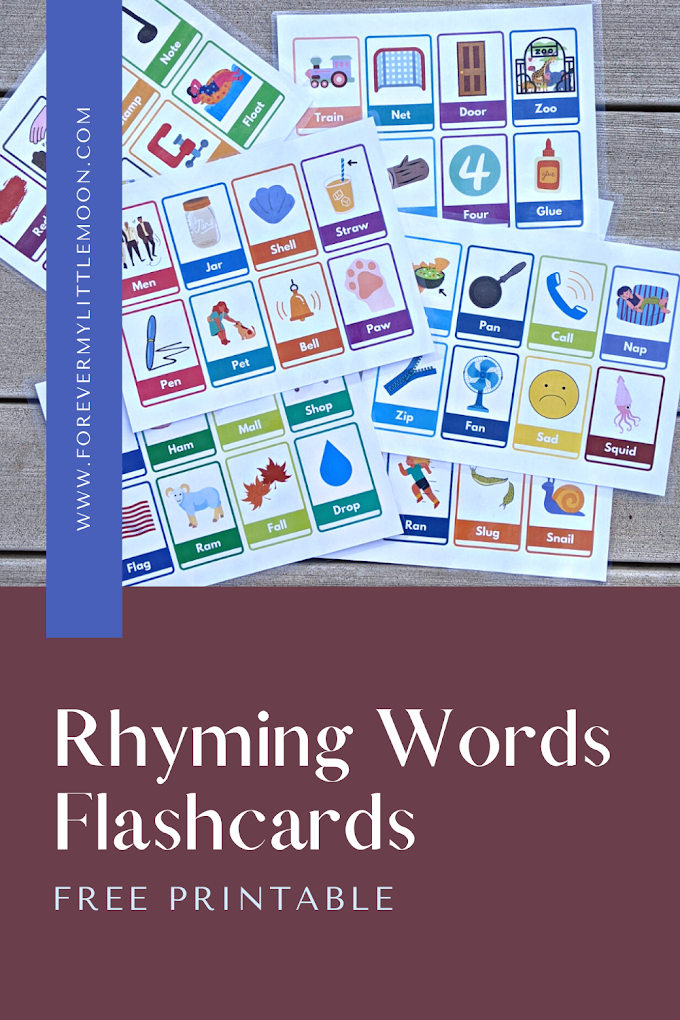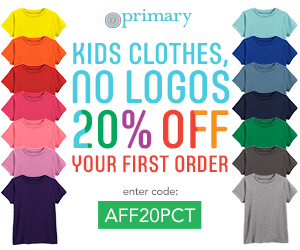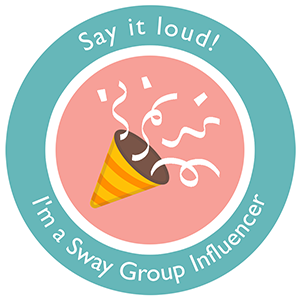Have you ever asked your parents "who is the favorite in the family" and got the response, "you are all my favorite?" Well, the harsh truth is that every parent with more than one child is going to have a favorite.
There is nothing wrong with having a favorite child. Favoritism has been around since biblical times, Abraham and Sarah (Genesis 21:9-15) and Isaac and Rebekah (Genesis 25:28), are two parents that played favorites.
It is human instinct or mother nature for parents to have favorites. It is like "Sophie's Choice," in tough decisions, you might have to choose one over the other. No two children are the same, you are bound to become more attached to one. Your favorite child can also change as they age or as certain situations arise.
It is human instinct or mother nature for parents to have favorites. It is like "Sophie's Choice," in tough decisions, you might have to choose one over the other. No two children are the same, you are bound to become more attached to one. Your favorite child can also change as they age or as certain situations arise.
Some factors that can lead to favoritism:
- Unplanned pregnancy
- Parent(s) had a goal they did not achieve before the baby arrived
- Child's behavior/disposition
"If a child is overactive, or irritable, this is going to affect the relationship between that child and the parents. Of course, most parents will over-invest in their efforts to have a pleasant relationship with the children. But let’s face it, the disposition of some children is just not pleasant and they are not easy to like." (source)
- Having kids too early in the marriage
"You need at least 2 to 5 years to learn how to be married. Getting pregnant on your honeymoon is going to confront you with a specific challenge of welcoming that child as though the child was born 2 or 3 years later. When a child comes too early in the marriage it can be difficult on the marriage as well as difficult for the parents to have the loving, accepting attitude they want to have toward the child." (source)
- Change - Going from life without a baby to having a baby is a roller coaster ride.
The problem with favoritism is when you openly say or show that one of your children is preferable over the other. It was obvious when my parents preferred one of us over the other. I am pretty sure my sister was the favorite when we were younger, as she was the baby. She got away with everything and I got that "you're older, you should know better" lecture. Then it switched when we were older due to my sister's rebellious behavior. Now that we are out of the house, it is not as easy to tell who is favored, which is the point: It should never be obvious to the children who is the favorite.
If favoritism is obvious, it can hurt the whole family. As Cornell University professor and researcher, Karl Andrew Pillemer, says:
"Research shows that sibling relationships are much worse when parents show favoritism, so the family atmosphere is less pleasant. And there are negative effects on kids, from small children, to adolescents, to young adults. These include acting out, anxiety, depression, and a variety of other mental health outcomes." (source)
So what's the solution? Dr. Ellen Weber Libby, the author of The Favorite Child, suggests being open about favoritism:
"Parents can increase the likelihood that all their children benefit from favorite child status while simultaneously minimizing the potential emotional scars of the position.
First, parents must accept that favoritism exists in all families. It is neither good nor bad. It just is. No two children are identical and no two parents are identical, and so, preference is inevitable.
Second, all family members must feel safe to freely express their feelings about favoritism. Even as adults, siblings often carry childhood tensions stemming from feelings of who in their family was loved more, or who was favored. Family health is promoted through healthy discussion.
Third, respectful dialogue between parents, or a parent and trusted confidante, safeguards the inevitable enactment of favoritism. The other adult serves as an observing eye, helping to bring awareness to the potential destructive nature of favorite child dynamics." (source)
Favoritism is one of the reasons why I lean towards only wanting one child. You can't favorite another if you only have one!
Here is a video about Favoritism on Time:
Here is a video about Favoritism on Time:
I also recommend reading The Favorite Child: How a Favorite Impacts Every Family Member for Life by Ellen Weber Libby.
Some more resources:
- New York Times - When Parents Have a Favorite Child
- Washington Post - Is it okay to have a favorite child?
- Scary Mommy - The Argument For Having A Favorite Child
Attribution: Image used in blog post photo does not belong to me and was found on StockSnap.io.

















